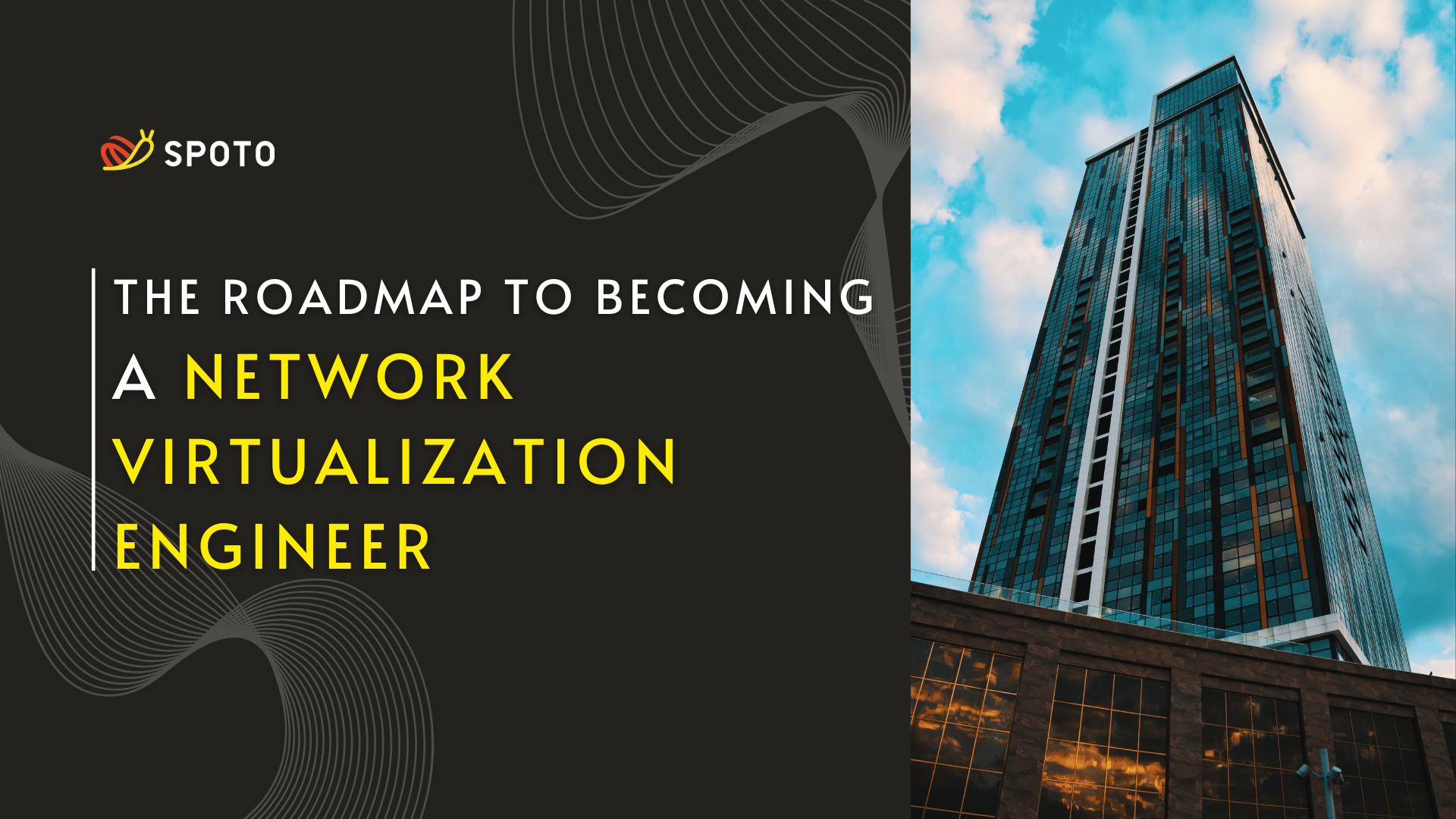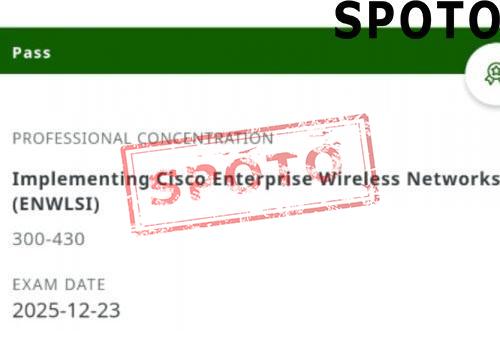
Table of Contents
1. Introduction
In our increasingly digital and connected world, the backbone of modern IT infrastructure—networking—has undergone a transformative evolution. One of the most significant advances is network virtualization, a game-changer for organizations seeking agility, scalability, and cost-efficiency. As this field expands, the role of a Network Virtualization Engineer emerges as a highly sought-after and lucrative career.
If you're curious about this burgeoning domain and want to forge a pathway into this niche, this guide offers a comprehensive roadmap, including what the role entails, how to achieve it, its benefits, and future prospects. Let's dive in!
2. What is a Network Virtualization Engineer?
A Network Virtualization Engineer is a specialized IT professional responsible for designing, deploying, managing, and optimizing virtualized network environments. Unlike traditional networking that relies on physical hardware, network virtualization creates virtual networks that are decoupled from physical infrastructure. This allows for greater flexibility, automation, and resource efficiency.
Imagine combining several physical networks into one flexible, controllable system. This makes it easier to quickly set up new services, improve security by dividing the network into segments, and make management simpler. Network Virtualization Engineers are the people who design and build these virtual networks. They use technologies like Software-Defined Networking, Network Functions Virtualization, virtual switches, and cloud platforms to create and manage these virtual environments.
Their expertise directly impacts an organization's ability to innovate quickly, support cloud migration, and respond to changing business needs—all while reducing costs.
3. How to Become a Network Virtualization Engineer?
Embarking on this career involves a strategic blend of education, skills development, and practical experience:
Step 1: Build Foundational Knowledge
Begin with a strong foundation in computer networks. Understand concepts like TCP/IP, routing, switching, firewalls, and network protocols. Earning a bachelor's degree in computer science, information technology, or related fields provides a solid start.
Step 2: Gain Hands-On Experience
Work in traditional network administration or engineer roles to gain real-world experience. Familiarize yourself with networking hardware and software, and gain experience managing complex network environments.
Step 3: Learn Network Virtualization Technologies
Deepen your knowledge of SDN, NFV, virtualization platforms (like VMware, Cisco, or Microsoft's Azure Virtual Network), and container orchestration. Many online certifications and courses focus specifically on these areas.
Step 4: Obtain Certification
Certifications validate your expertise and enhance your credibility. Popular options include
- Cisco CCNP Enterprise or DevNet certification
- Cloud provider certifications (AWS, Azure, Google Cloud)
Step 5: Focus on Programming and Automation
Network Virtualization is driven by automation and scripting. Learning Python and APIs becomes crucial for designing repeatable, scalable solutions.
Step 6: Gain Practical Experience with Virtualization Platforms
Hands-on experience with virtualization platforms like VMware, OpenStack, or cloud services is invaluable. Participate in labs, simulation environments, or open-source projects.
Step 7: Stay Updated and Network
Technology evolves rapidly. Attend conferences, webinars, or join professional communities like Network professionals groups to stay current.
4. Why become a Network Virtualization Engineer?
The Growing Demand
As organizations shift to cloud-centric architectures and adopt hybrid cloud models, the need for skilled Network Virtualization Engineers skyrockets. Their expertise supports agile deployment, network slicing for 5G, and secure multi-tenant environments.
Salary Benefits and Career Advancement
According to industry reports, Network Virtualization Engineers earn above-average salaries, often 15-30% higher than traditional network engineers. As organizations prioritize network modernization, experienced professionals are rewarded with competitive compensation and leadership opportunities.
The Innovator's Edge
This role positions you at the forefront of technological innovation—working with cutting-edge tools that shape the future of networking, cloud computing, and cybersecurity.
Network Virtualization Engineer Job Outlook
The job outlook is extremely positive. According to the U.S. Bureau of Labor Statistics and industry projections, the demand for network and systems administrators with virtualization expertise is expected to grow by 6-8% through 2030, faster than average.
This surge is driven by
- Cloud migration and data center modernization
- Software-defined networking adoption
- Increased reliance on virtualized security solutions
- 5G deployment requiring network slicing
Related Jobs:
- Cloud Network Engineer
- Network Automation Engineer
- Cloud Infrastructure Engineer
- Cybersecurity Specialist
5. Conclusion: The Future is Virtual and Bright
The role of a Network Virtualization Engineer is more than a job—it's a gateway into the future of networking. It merges traditional skills with innovative technologies, offering a career full of growth, challenge, and impact.
If you're passionate about technology, enjoy solving complex problems, and want to be at the leading edge of digital transformation, this field promises an exciting and rewarding journey. Continuous learning, certification, and hands-on experience are your tickets to becoming a leader in this dynamic domain.
Are you ready to digitalize your career and shape the future of networks? The path starts now!










